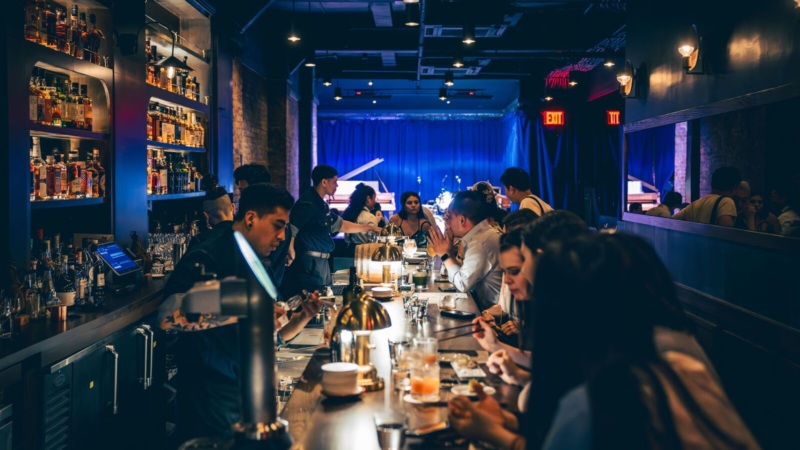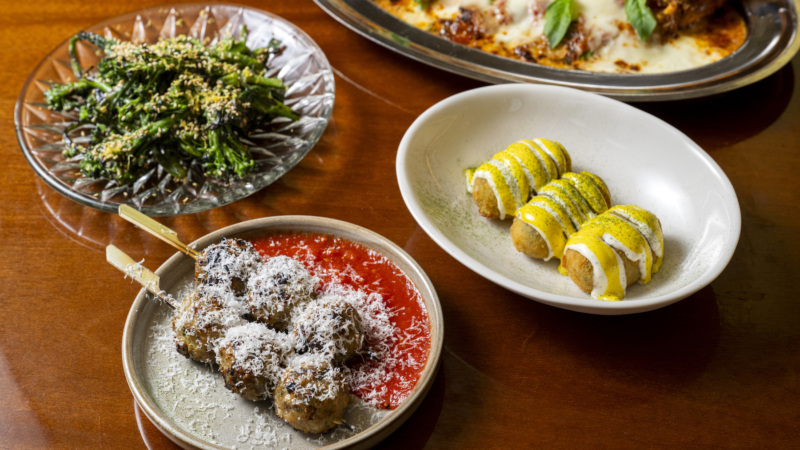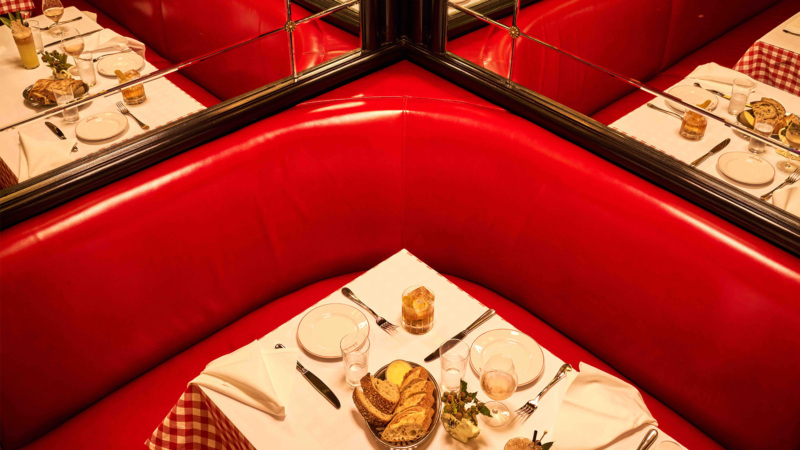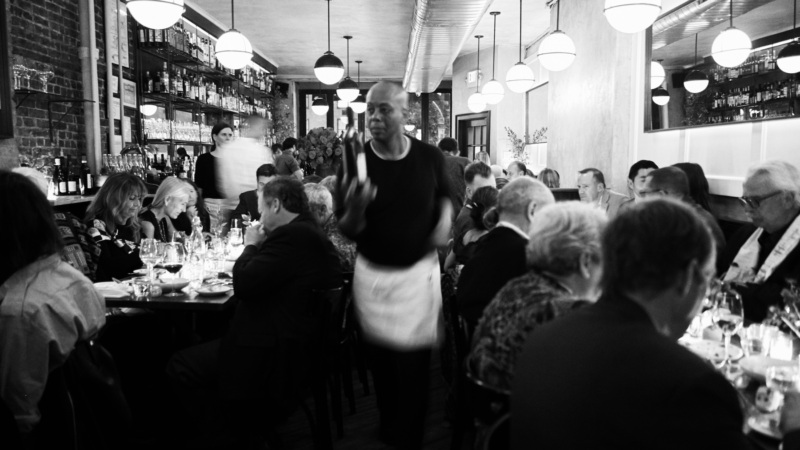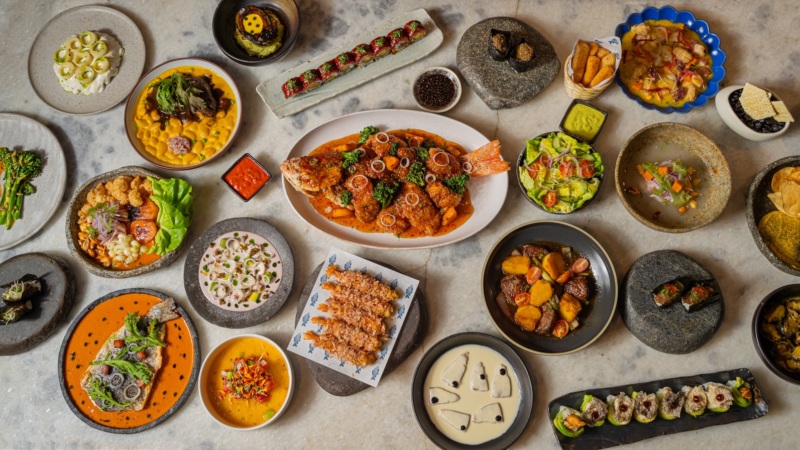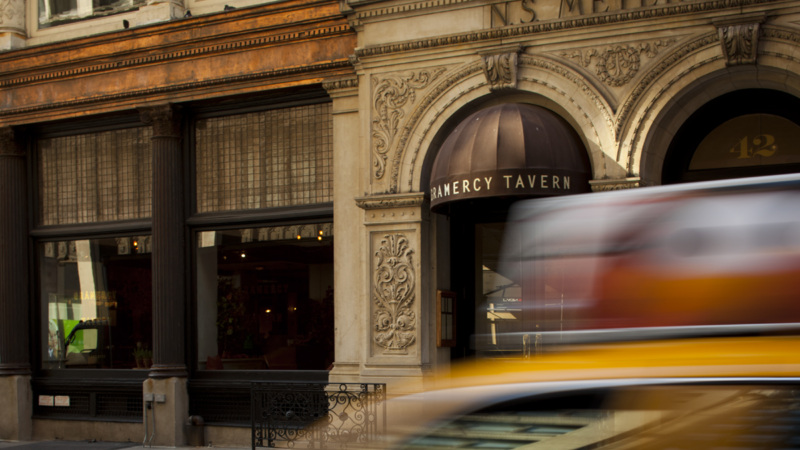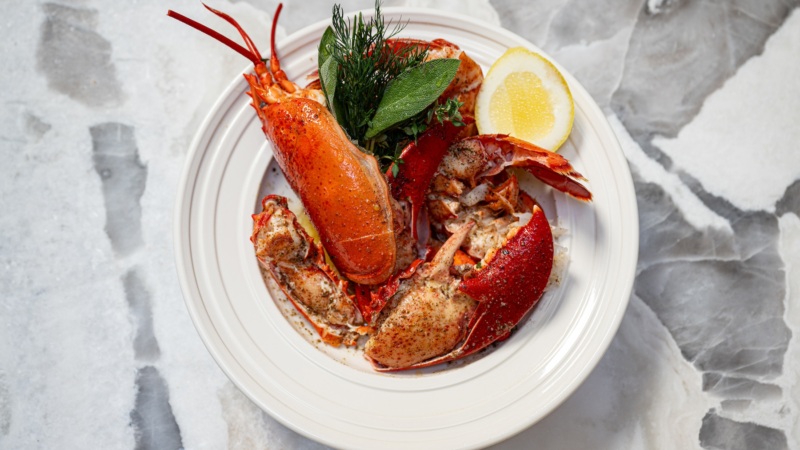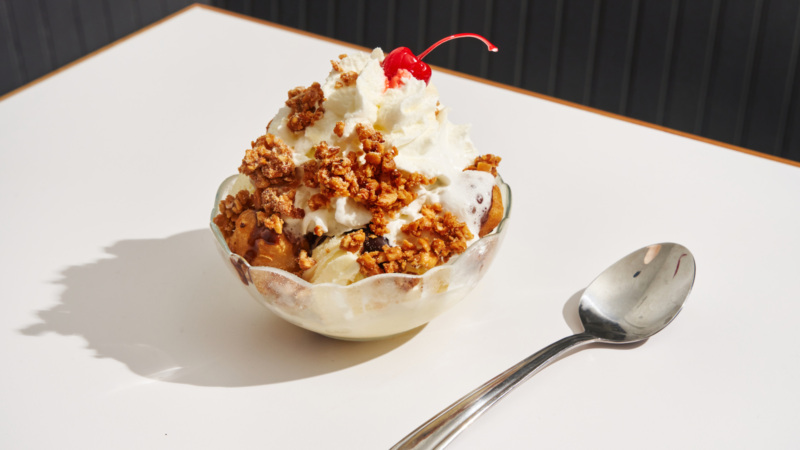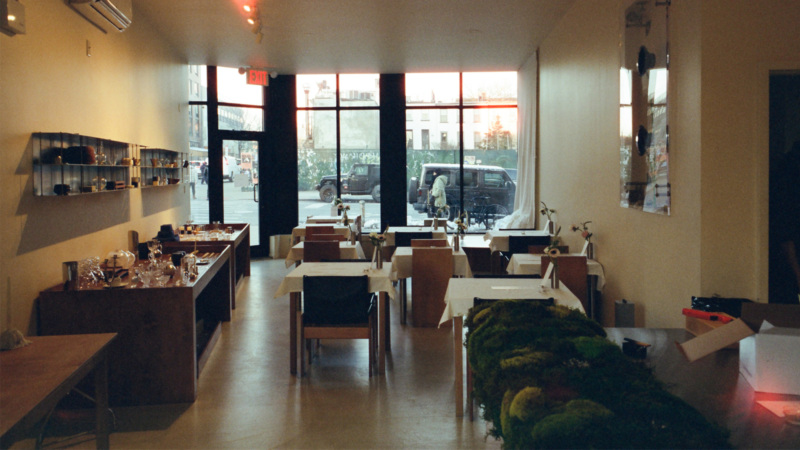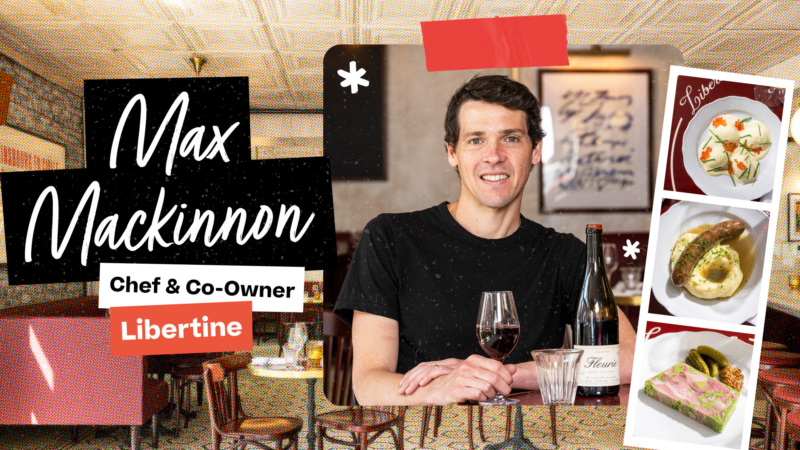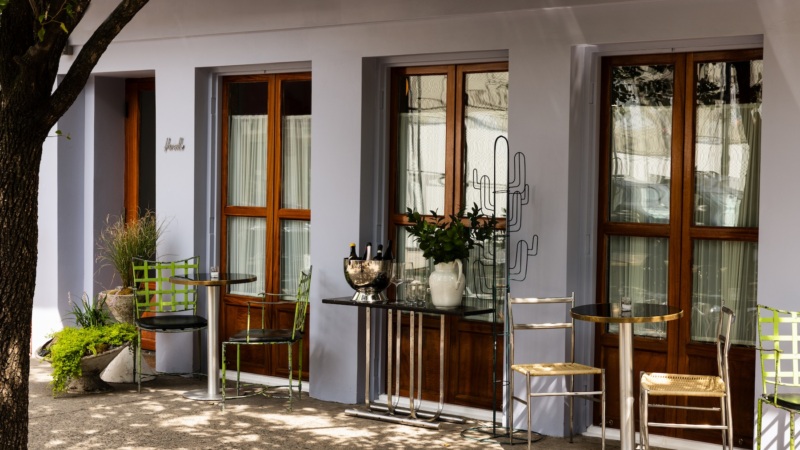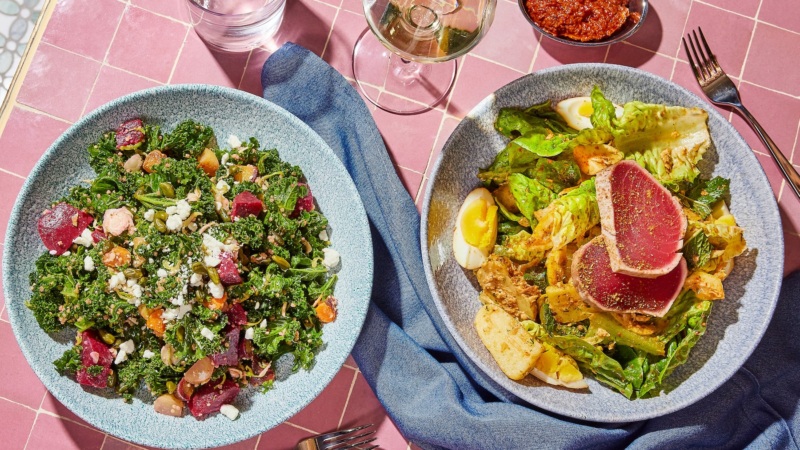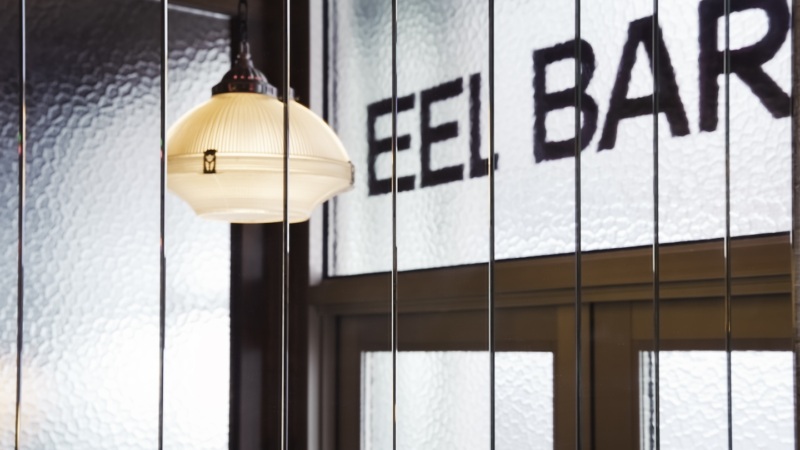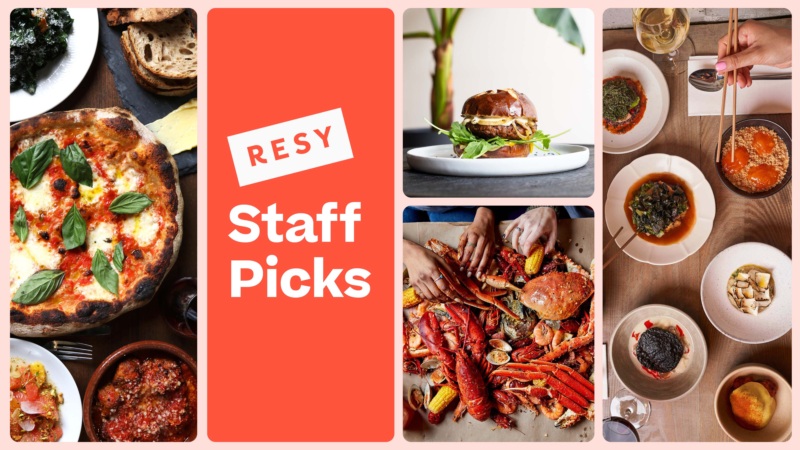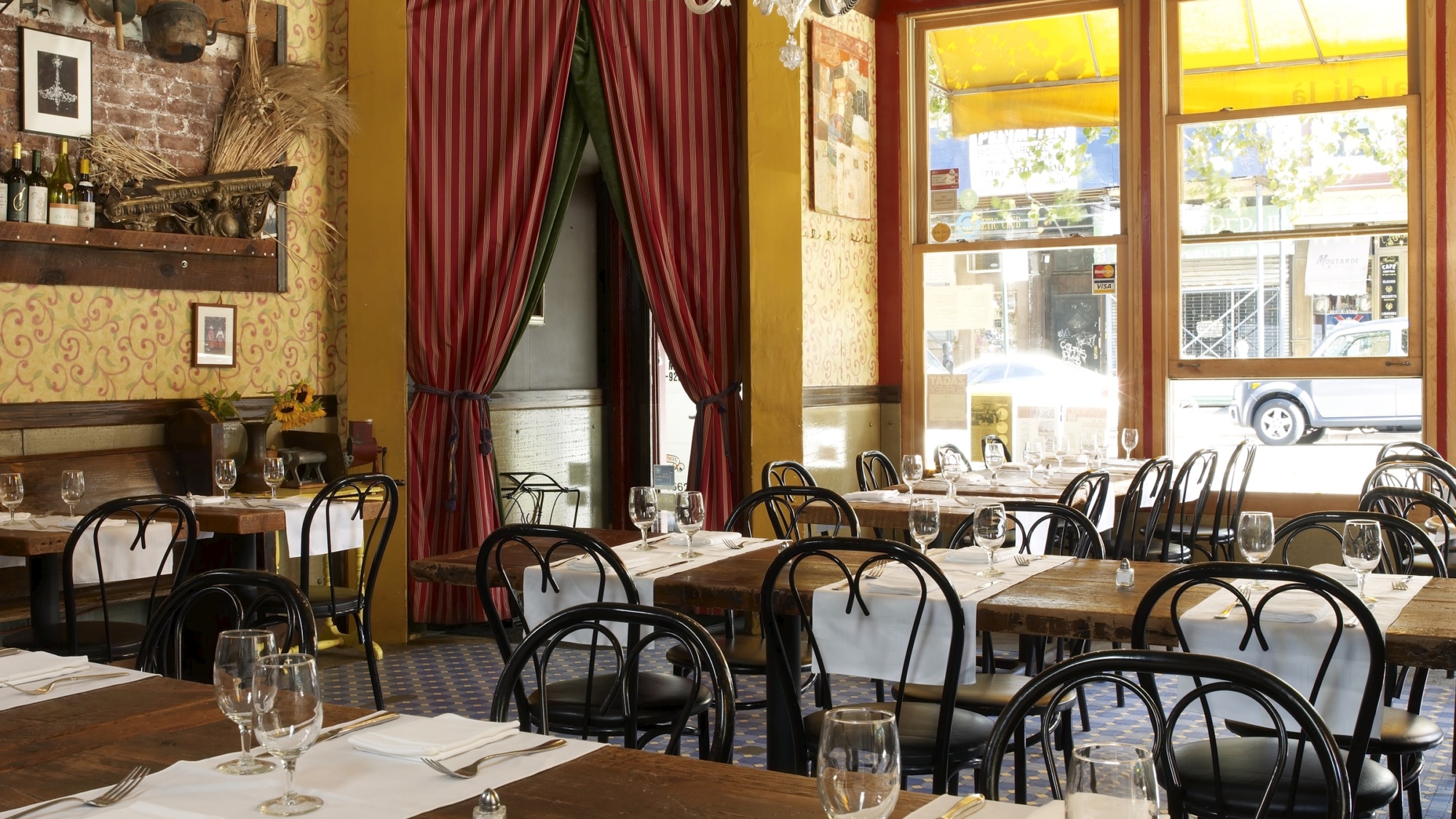
Al Di Là’s Anna Klinger on the Magic of Brooklyn, and Staying Power
For many New York City restaurants, one year in business is a significant milestone. Five years, and you’re comfortable. Ten years means you’re established. But more than 20? That makes you an institution. Al Di Là Trattoria, which sits on the tree-lined corner of Carroll Street and 5th Avenue in Park Slope, Brooklyn, has been a city favorite for the past 23 years.
The restaurant is known for its cozy interior, with curtains over the entrance, mismatched plates, and tables so close together you can’t help but overhear your seat neighbors (and chances are, at al di là, they may be your actual neighbors).
Until last September, the restaurant was famously walk-in-only, and lines could stretch around the block on weekends for a table inside. This is a restaurant by the community and for the community; the owners, husband-and-wife duo Emiliano Coppa and Anna Klinger, live just half a block away. Klinger handles the back of the house, and Coppa the front, making for a perfectly matched team.
- The Family Restaurant That’s Become New York’s Melting Pot for Nearly 50 Years
- The Most Amazing Things Can Happen After a Meal at Sparks
- The Resy Guide to New York’s Classic Restaurants
- Restaurants’ New Normal? It’s How Andrew Tarlow Built His Brooklyn Empire
- The Resy Guide to New York’s New Pasta Guard
The decision to start taking reservations came out of the pandemic. Since March of 2020, al di là’s signature cozy, close-knit quarters, coupled with long lines, became more worrisome than homey — more liability than comfort. A restaurant known for its consistency, reliability, and a steadfast menu of Northern Italian classics that rarely changed was forced to pivot.
Today, thanks to their reputation as an everlasting mainstay, things at al di là are good. Regulars have remained loyal, the pasta is still delicious as ever, and yet another reason for Brooklyn to be smug has outlasted another trial.
We caught up with chef and co-owner Klinger to talk about how they did it and what makes al di là a classic.
Note: This interview has been lightly edited for clarity and length.
Resy: Tell me a little bit about how it’s been during the pandemic, and how things have evolved and changed.
Klinger: Well, like everybody else, having to shift to outdoor only was super challenging. It’s been exhausting. Really exhausting. We’re just constantly pivoting and trying to make it work. We were probably late in the game compared to a lot of folks with reopening inside, but it felt really good to have people in the dining room again. We’re not seating at full capacity; we’re keeping a lot of distance between tables and trying to keep a lot of control over the dining room at all times and to make sure it’s functioning in the right way. That’s a big shift for us because we used to be “no reservations” for two decades. That’s been an interesting shift.
Would you say that’s been the biggest pivot?
Yeah, that has been a pretty big change for us to be working like that. We’re trying to keep it a little bit more humane. We were open seven days a week for breakfast, lunch, and dinner and now, we’re just open for dinner six nights a week, trying to just keep very, very tight control over every aspect of it, and trying not to overwork the staff because we don’t have a ton of staff. We’re just trying to keep it manageable for everybody.
Do you think things could have gone differently had you not been such a staple in the neighborhood for so long?
Boy. We had a lot of support, and we have a long history here, so I think that helped us a lot. People were very supportive and ordered a lot online. We’d never done takeout before, and using all these takeout apps … that was soul sucking. We have all these beautiful plates that we use, and the day that I took all the plates off the pass and replaced them with to-go containers was a very sad day. But, they’re back now!
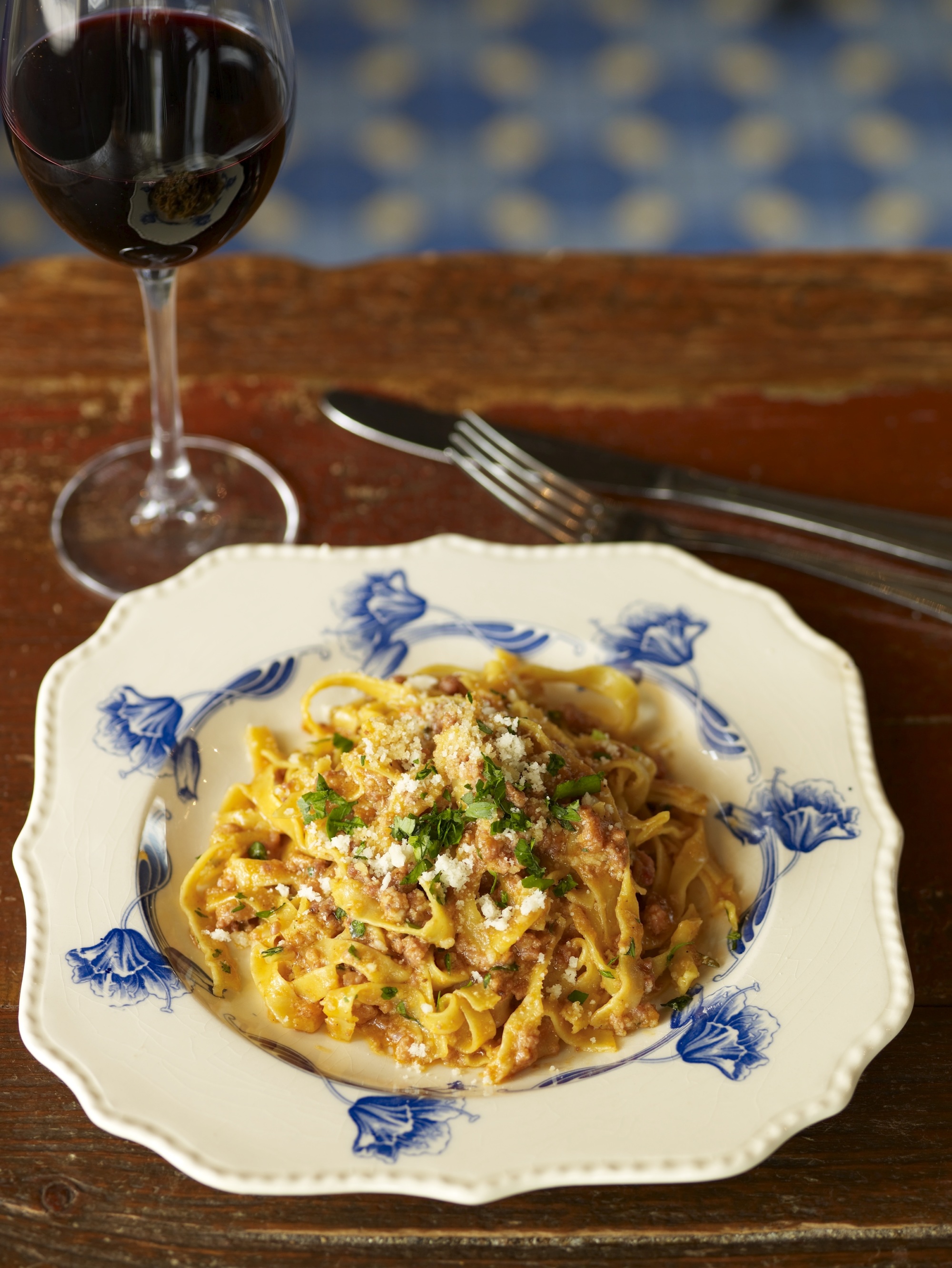
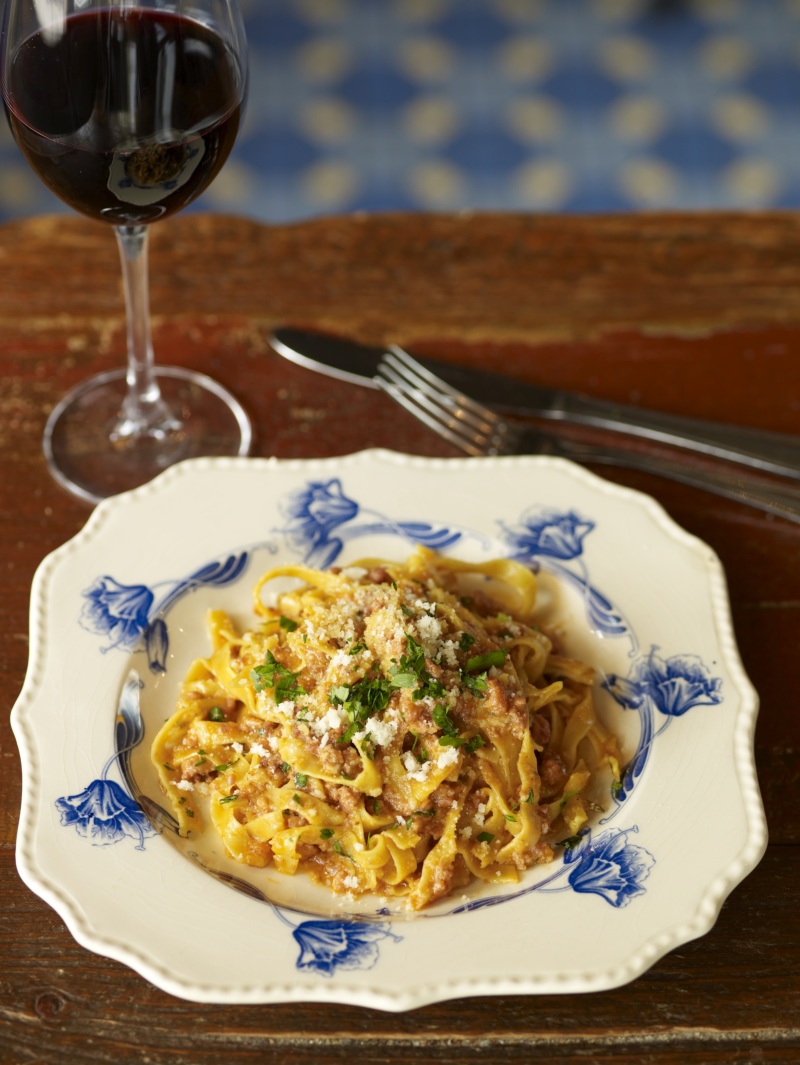
When you were reviewed in 2006 [by The New York Times] it solidified you as a Brooklyn icon. How would you say things have evolved since then? How have you maintained that feeling?
It’s very personal for my husband and myself. We’re here every day, and we’re trying to keep it honest and affordable and tasty and maintain those values that we had from the get-go.
We’ve been doing it for 20 years now. It is very personal. We’re here every day. My son is about to turn 19, and Felipe, who is our anchor in the kitchen, started working when my son was two weeks old. That’s the history. There are people that grew up here with us and had babies, too.
Wow. I mean, 23 years in restaurant years is about 500 years.
Look at all this gray hair!
What’s your secret? How have you been open for so long?
I feel very fortunate. I don’t want to jinx it, but I’m very grateful that we’ve been open this long. I think it’s a team effort. If we didn’t have a really dedicated group of people working with us that had a sense of ownership themselves, that are very invested in this place and its survival, [things would be different].
During the pandemic, how did the neighborhood react? How did your regulars react?
People were super supportive. It’s not the same thing to get a plate of pasta in a plastic container. They were supportive, and sweet, and it’s just amazing to me. We have this outdoor structure, but it’s not winterized. Folks were out there in the insane weather with mediocre heat lamps, just eating. We were all trying to do our best.
Did any specific moments stand out?
There were moments when you thought you had it all together and then I’d be having a conversation with a regular [at an outdoor table] and we’d both be crying.
Have you evolved the menu at all?
We did have to reduce the size of the menu. Some of the items have come back, but I have a fraction of the staff that I used to have. We’re trying to keep it manageable. I don’t have an army of people working here like I used to.
I don’t want to jump back in and turn it into the exact same thing that it was. I’m trying to do things very mindfully.
But you’re here every day?
Mhm. We’re closed on Tuesdays now. In the beginning we used to close on Tuesdays, 20 years ago.
To end on a broad note, let’s talk about what the restaurant means to you in a larger sense.
That’s a big question. It’s 20 years of my life. A big 20 years. I’ve had two children. I watched people that have been working here all that time have children and get married. It’s what I do every day. I can’t really imagine doing anything else.
Al di là Trattoria is open on Mondays, Wednesdays, and Thursdays from 4 to 9:30 p.m., on Fridays and Saturdays from 4 to 10 p.m., and on Sundays from 4 to 9 p.m.
Ellie Plass is a freelance writer based in Brooklyn. Follow her on Instagram and Twitter. Follow @Resy, too.
Discover More
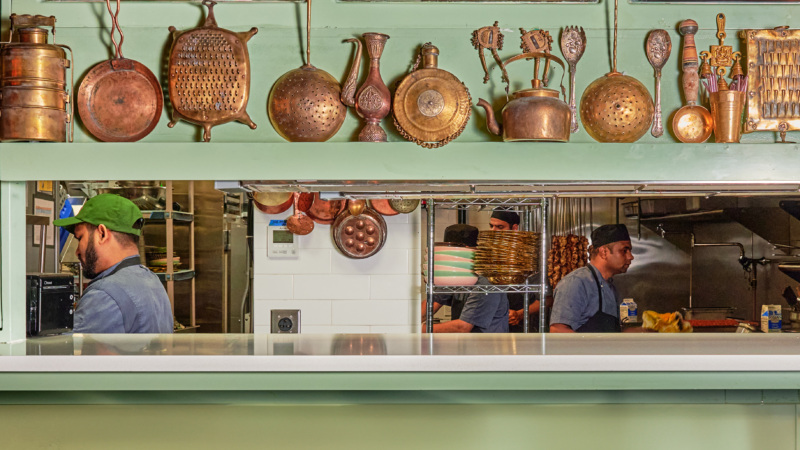
Stephen Satterfield's Corner Table


